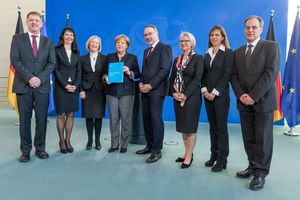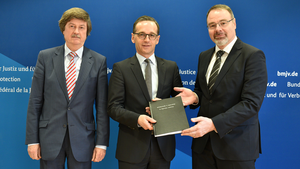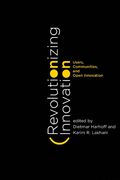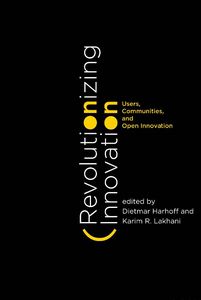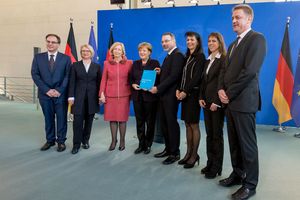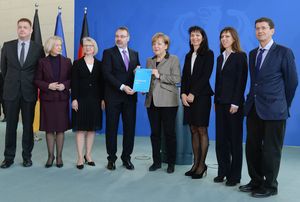The subject of Tomadas’ work will be “The impact of the Unified Patent Court on innovative start-ups in the European Single Market”, while Galli will examine “Predatory patent litigation in the European competition law context” and Zafrilla will devote his research to the question “Essential patents over-declaration in standards: An anticompetitive conduct?”
The European Intellectual Property Institutes Network, or EIPIN, a network founded in 1999 to intensify the cooperation between European institutions in the area of intellectual property and their students, joined the competition for funding from the EU Horizon 2020 program in early 2016. Its concept, “Innovation Society” was awarded funding in May 2016 for a European Joint Doctorate with a proposal to examine the effects of proprietary rights on the innovation potential of a society and to answer the question how such rights must be designed in order to facilitate, and not hamper, innovation.
A total of 15 doctoral candidates were accepted into the program, which will receive funding in the amount of 3.8 million euros over a four-year period. Each EIPIN member institution will supervise three of its own candidates while functioning as a co-supervisor of three of the other EIPIN members‘ candidates. As a part of the doctoral program, candidates are to complete internships at top European organisations in innovative branches (including telecommunications, music and seeds) and take part in seminars (e.g. on scientific working methods).
EIPIN’s members are the Munich Intellectual Property Law Center (MIPLC), Queen Mary University of London, University of Strasbourg (CEIPI), Alicante University and Maastricht University. The Max Planck Institute for Innovation and Competition, which was involved in the funding application as a supporting institution and which is one of the pillars of the MIPLC, will collaborate with the University of Augsburg in implementing the program and will also supervise doctoral candidates.




